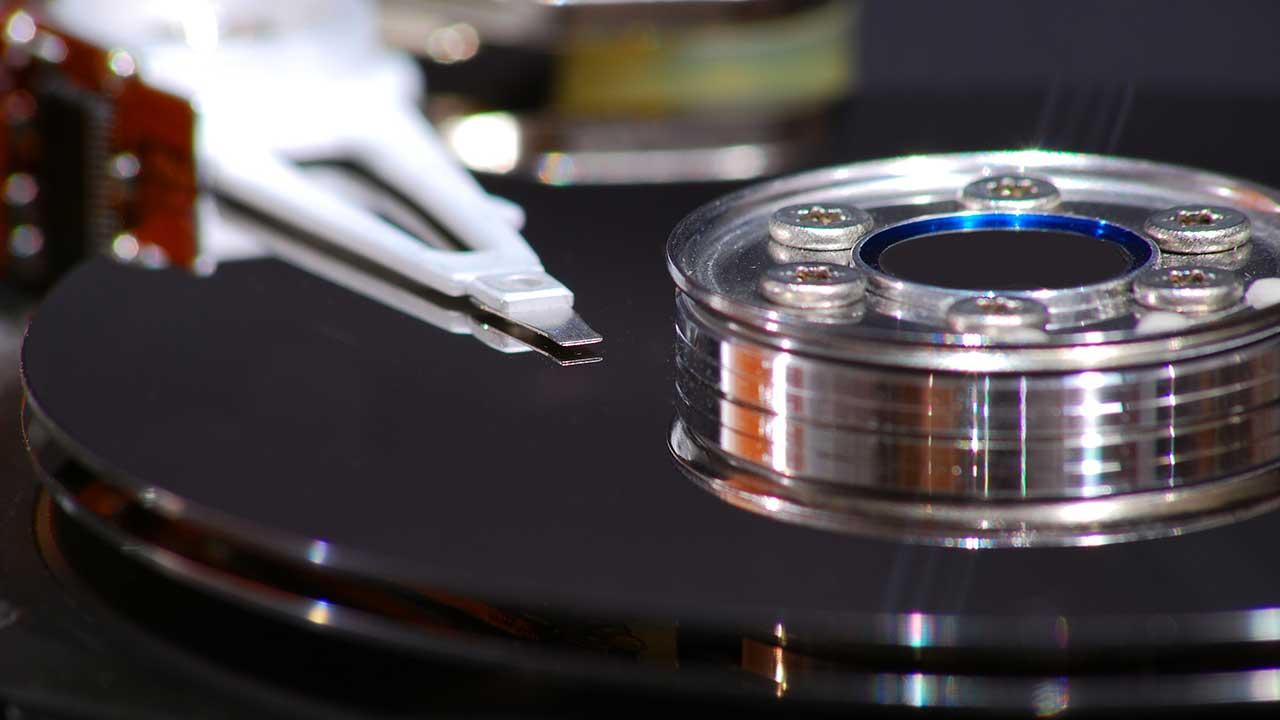When we talk about home security devices, we usually always refer to indoor or outdoor video cameras with an Internet connection, motion sensors or even WiFi Mesh networks that incorporate security tools. However, smart locks are not mentioned as an option that often, despite having been available to us for years and having been improving their capabilities.
We have already talked before about smart locks. We have discussed some new Xiaomi models, and mentioned some brands that market them, such as August, or even the Vodafone smart lock, which in 2024 will no longer be in the operator’s catalog in Spain.
Although to some these locks may remind you too much of those of a hotel, hostel or Airbnb, the truth is that they are not only useful for tourist accommodation, but also for our habitual residence. In addition, they do not have to have a number panel to enter a code, but rather they can have a design that is more similar to that of a normal lock so as not to attract attention.

Now, we return to the smart lock sector to review what advantages this technology currently offers, what types of smart locks there are and how they can complement an alarm system or even serve as a substitute.
Classification of smart locks
First of all, we are going to list the different types of smart locks that exist (although some models incorporate several modalities in one):
- Bluetooth locks
- WiFi locks
- Locks with PIN code
- Biometric locks
- RFID locks
- Alarms connected to centrals (such as that of the company Securitas Direct or other alarm companies)
WiFi locks are useful for being able to monitor information about access to our home from anywhere, whether through a mobile app, PC or tablet. Locks with Bluetooth can also offer us information, but this connectivity implies being physically close to the lock, so it is not useful for us to manage it from anywhere.

PIN key locks are simpler as they only work with this code, but the lack of other resources can make this a worse option and also make it more similar to typical hotel locks, something that can greatly worsen the aesthetics. of the door and also cause discomfort among the neighbors. Biometric locks are those that use unique data such as our fingerprint, and RFID locks offer, above all, convenience, as they are opened using cards or special bracelets, thus avoiding the hassle of using keys.
Reasons to use a smart lock
To begin with, new smart locks usually have a very minimalist design that avoids drawing attention or revealing too much about their operation, by not including key panels and blending in with the door. Smart locks offer great convenience by not having to depend on keys, and by allowing us to give access to the home to a family member or friend in case we need it, controlling everything easily from the application.
On the other hand, some new smart lock models are capable of detecting when someone is trying to force the lock, sending us an alert and, thus, functioning in a similar way to how an alarm would. To do this, we can look among its characteristics for anti-picking or anti-bumping protection.
It also helps us in case a professional has to enter our house, such as delivery people, a plumber or an electrician. We will not have to be present at home to be able to open them, granting them access simply from the app. In addition, the installation of these smart locks is usually quite easy and quick, not requiring too much movement. Added to all this is the fact that some are compatible with Alexa-type home assistants, which adds to the number of ways through which we can manage the device.













